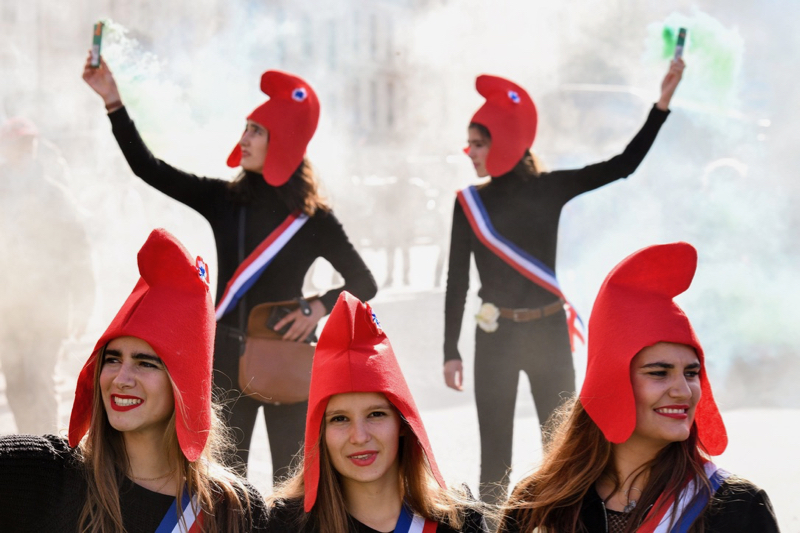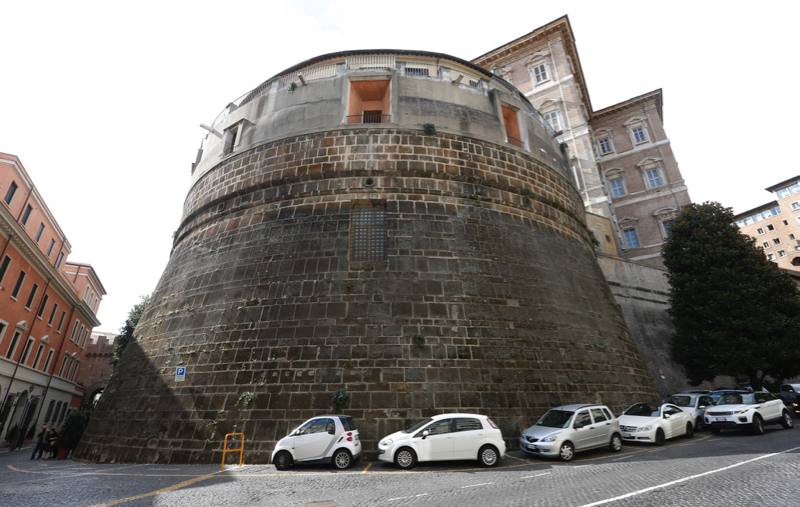The Vatican has been readmitted to an international body of financial watchdogs which share information in a bid to crack down on money laundering and fraud.
Last November the Holy See’s financial regulator was suspended from the Egmont Group group after a raid by Vatican police on the regulator’s office.
That raid saw the seizing of information held by the regulator which Egmont said posed “an evident security threat to our organisation.”
But on 23 January, Carmelo Barbagallo, the President of the Vatican’s Financial Information Authority, announced that the suspension of 13 November 2019 had been lifted.
“This decision follows the explanations provided by AIF to Egmont concerning the extraordinary nature of the facts that gave rise to the suspension and AIF’s assurances that the information received from the Egmont circuit will be treated in a manner that is consistent with the rules that apply to that circuit, partly thanks to the signing of a Memorandum of Understanding with the Promoter of Justice,” he said.
“The decision to revoke the suspension makes it possible for AIF to resume its collaboration with foreign financial intelligence units in full transparency and in the spirit of active cooperation.”
The suspension from the information sharing group was a blow to Pope Francis’ reforms of Holy See finances and damaged the Vatican’s international credibility.
It was followed soon after with the resignation of Rene Bruelhart, then president of the financial regulator, known as AIF.
The police raids on 1 October 2019 saw “documents and electronic devices” seized from both the offices of the regulator and the Secretariat of State, the administrative heart of the Vatican.
The investigation by police focussed on a $200 million purchase of a property in Sloane Avenue, Chelsea, London by the Secretariat of State in 2012.
But the raid also pointed to tangled power struggle inside the Holy See over who controls finances. A confidential order relating to the investigation, signed by the Pope’s former head of security, Domenica Giani, was leaked. Giani later resigned.
The order included the names and mugshots of some officials under suspicion,which included the director of AIF, Tommaso Di Ruzza. But AIF later released a statement pledging “full faith and trust” in Di Ruzza.
The Vatican regulator was first admitted to the Egmont Group in July 2013. It has made up of 164 financial intelligence Units in 152 countries and jurisdictions. Members share information on a trust basis.
Since the start of his pontificate, the Pope has pledged to clean up Holy See finances and call time on the days when the Vatican operated as an unaccountable haven for those trying to avoid the authorities.
“If we don’t know how to look after money, which we can see, how can we look after the souls of the faithful, which we cannot?” the Pope said soon after his election.



 Loading ...
Loading ...